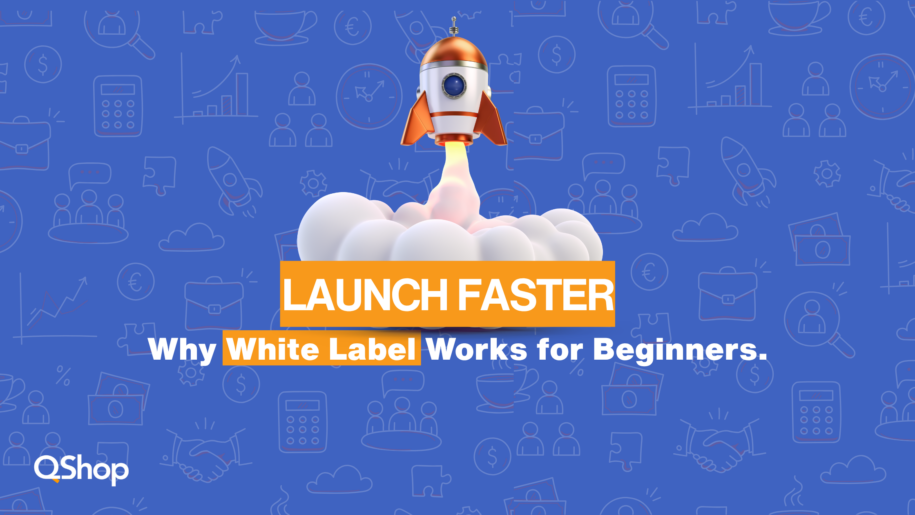After spending the last few days researching low-barrier ways to start a business in 2025, one thing became crystal clear: starting from scratch is harder than ever.
Between rising startup costs, supply chain headaches, and the pressure to “build a brand,” it’s no wonder so many people with great ideas end up stuck at the starting line. According to Shopify, 38% of aspiring entrepreneurs delay starting their business due to product development costs alone. And that’s not counting branding, packaging, inventory, or marketing.
If that sounds like you — someone who wants to start something but keeps getting overwhelmed by the setup phase — then white labeling might be the shortcut you’ve been looking for.
It’s one of the most practical ways to start a business without:
- Creating your own product,
- Managing a warehouse,
- Or burning through your savings.
And the best part? White label brands are everywhere — from skincare and fitness to tech and food. You just don’t always know it, because they look and feel like independent brands.
In this post, I’ll break down:
- What white label means (in simple terms),
- Why it’s a smart model for new business owners in 2025,
- The types of businesses you can build using it,
- And how to get started without making expensive mistakes.
What Is White Label?
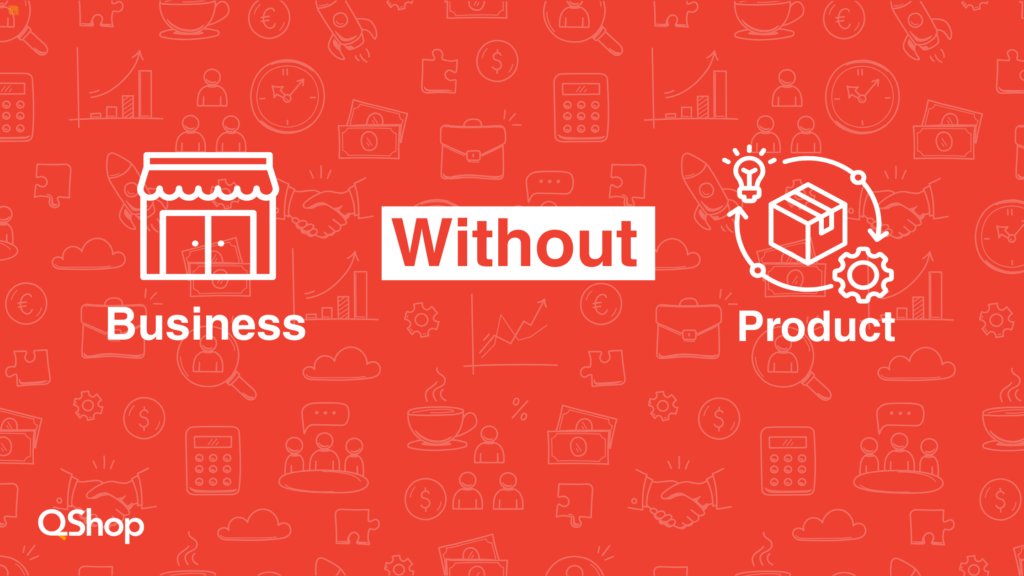
White label simply means: Someone else builds the product. You brand it as yours.
You’re not inventing anything, mixing ingredients in your kitchen or coding in the middle of the night. You’re partnering with a company that has already done all the heavy lifting — product creation, testing, even delivery sometimes — and you’re wrapping that product in your name, your logo, and your marketing. And yes, that’s totally legal. It’s also how a surprising number of big and small businesses operate.
From that skincare brand on Instagram that looks “indie” but uses formulas from a lab in India…
To that productivity app that five different tech bros are selling under different names…
They’re all using white label products. White label and private label products accounted for 1 in 5 purchases globally in 2024 according to Statista. That’s a huge chunk of the market — and it’s only growing.
How Does White Labeling Work?
Let’s break it down the way we understand it — practically. Let’s say you want to start a wellness brand, but you don’t have a formula for a detox tea.
Here’s how a white label model would work for you:
- Find a supplier who already makes detox teas (There are hundreds — some even offer vegan, gluten-free, and organic options.)
- They offer you a “white label” option (You can buy the product in bulk, and they allow you to put your own branding on it.)
- You design your packaging (Think: logo, brand colours, label design — you control how it looks.)
- You market and sell the tea under your own business name.(Customers buy from you, not from the manufacturer.)
- You earn the profit margin.(For example, you buy each pack at $4 and sell it at $15. Your profit? $11 minus other costs.)
And this isn’t limited to physical products. White label applies to:
- Software (e.g. CRMs, email tools, AI chatbots)
- Services (e.g. marketing, video editing)
- Education (e.g. courses, coaching programs)
- Even mobile apps and web platforms.

White Label vs Private Label vs Reselling — What’s the Difference?
This part confused a lot of people so let’s simplify:
- White Label = You sell a ready-made product under your brand. It’s the same product others can brand too.
- Private Label = You sell a product that’s custom-made for your brand — different ingredients, features, or specs.
- Reselling = You sell someone else’s branded product — no branding freedom, and usually smaller profit margins.
Let’s say you want to sell skincare product, here’s what happens
White label You use a ready-made serum and add your own logo and packaging
Private label You work with a lab to tweak the formula, scent, and ingredients
Reselling You buy and sell The Ordinary’s serum, exactly as-is
As a new business owner, white label is often the sweet spot. You get the credibility of a real product, without the costs or time needed for full product development. White labeling isn’t about shortcuts in a lazy way — it’s about being smart with your time and energy. Because truthfully, when you’re just trying to get started, the last thing you need is to spend months perfecting a formula or developing a tech product.
White label lets you do what matters most early on:
🏃🏽♂️ Launch quickly
📦 Own the brand
💸 Start generating income
Next, let’s talk about why this model is such a great fit for new business owners — especially in 2025.
Why White Label Is Perfect for New Business Owners
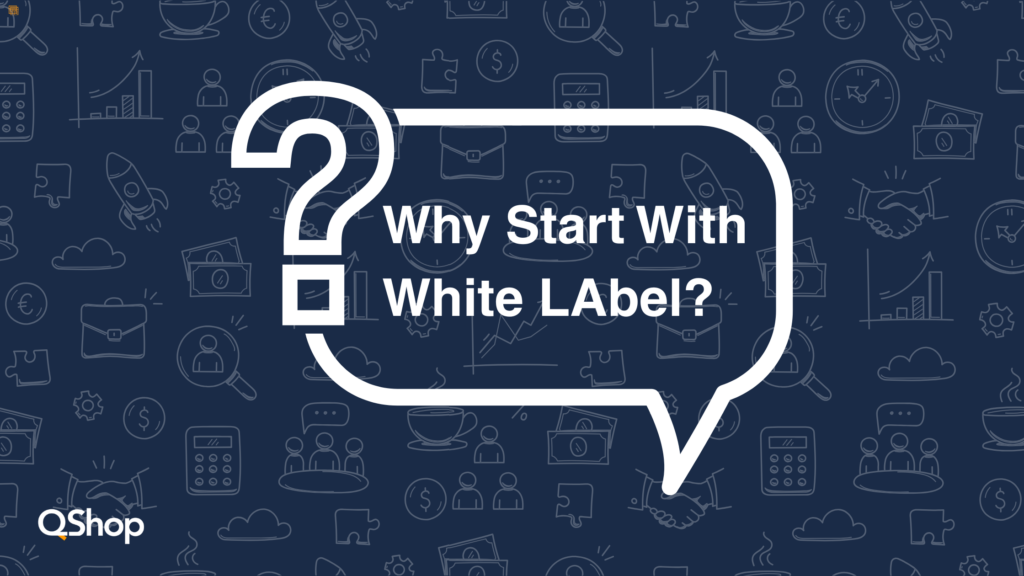
Most new entrepreneurs (especially if you’re doing this alone) don’t have millions, a factory, or a team of developers. You probably just have a product idea, a tight budget, and the hope that this time, it’ll work.
That’s why white label is such a breath of fresh air. It removes all the stuff that makes business complicated — and lets you focus on what actually moves the needle: sales, branding, and customer experience. Here’s why it makes so much sense:
1. Low Startup Cost
If you’ve ever priced the cost of manufacturing a product from scratch, you’ll understand why white label is such a game-changer. Developing a single product — even something simple like skincare or a phone accessory — can cost thousands. Tooling, testing, design, packaging, raw materials… it adds up fast.
But with white label? The product already exists. You’re just adding your brand name and selling it under your own label. Depending on the industry, you can get started with as little as $200 to $500, especially for digital tools, cosmetics, wellness products, or software. No factory or bulk inventory. No years of R&D.
2. No Production Headaches
Production isn’t just expensive — it’s chaotic. Think about:
- Quality issues
- Delays from suppliers
- Unexpected factory costs
- Constant back-and-forth with manufacturers
It’s easy to lose sleep (and money) before your first customer ever sees your product.
But white label lets you bypass all of that. You’re essentially plugging into someone else’s proven system.
They’ve already figured out sourcing, compliance, testing, and quality control. You get a product that’s ready to ship — you just focus on wrapping it in your brand and getting it to market.
Less stress. Fewer moving parts. More energy to spend on growth.
3. Faster Time to Market
Launching fast can make the difference between catching a trend or missing it.
With traditional product development, you might wait 6–12 months before you have something to sell. By then, your audience has moved on, or someone else has filled the gap. With white label, you can go from idea to launch in under 30 days.
You:
- Choose a white label product
- Brand it
- Build a website ( use QShop)
- Start selling
For new founders, this speed is a superpower. It lets you validate ideas quickly, pivot if needed, and start building cash flow — instead of sitting in endless planning mode.
4. It’s Easier to Scale
Here’s where things get really smart: Once your product is working and customers are buying, you don’t need to worry about how to “keep up” with demand. That’s your white label partner’s job.
Whether you’re getting 10 orders a week or 10,000, they’re built to handle volume. That means you can scale without needing to scale your infrastructure.
You can also:
- Launch new products faster (same supplier, new label)
- Enter new niches
- Sell internationally without extra production stress
In short, you grow like a real brand — without the growing pains.
So if you’ve been dragging your feet on starting that business because of cost, stress, or logistics — white label might just be the shortcut you didn’t know existed.
It’s low capital, low headache, high opportunity — which is honestly the dream combo for any new business owner.
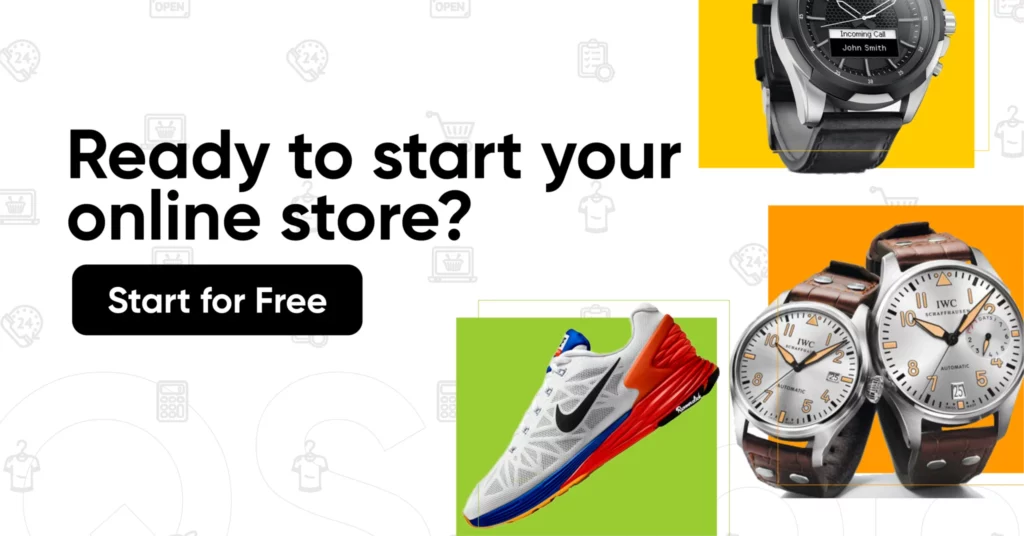
Examples of White Label Products in Nigeria
Skincare & Personal Care
Ene Naturals Private Label
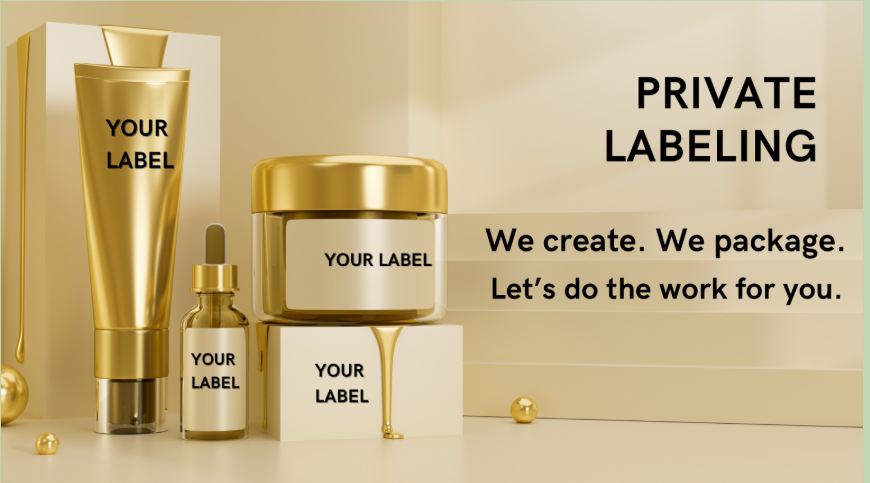
Based in Nigeria, Ene Naturals offers white label services for natural skincare and haircare products. Their FDA-certified and NAFDAC-approved lab produces a range of products, including facial care, body lotions, and hair treatments. Entrepreneurs can customize products with options like fragrance selection and packaging choices, with a minimum order quantity (MOQ) of 24 units.
House of Coco Skincare
Located in Lagos, House of Coco provides private label services for skincare brands. They offer tested and trusted formulas, allowing clients to launch their skincare lines without the need for in-house formulation expertise.
McDaniel Personal Care
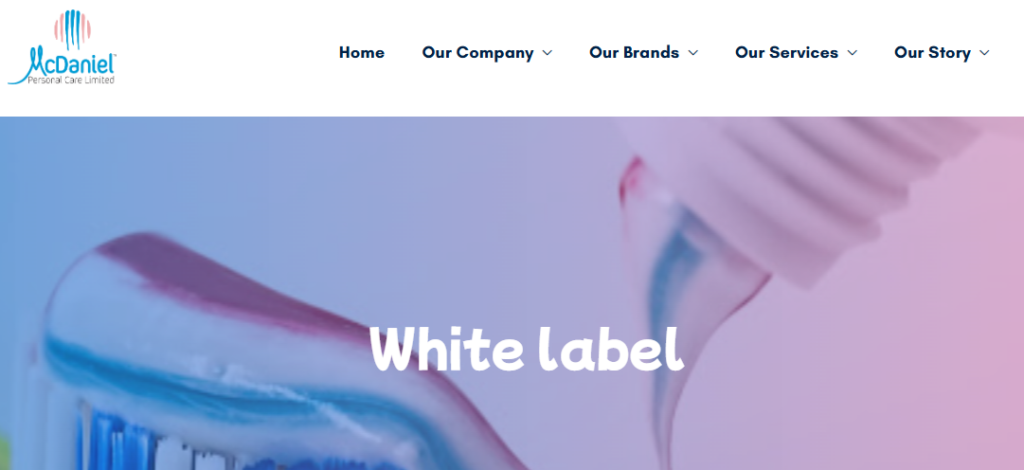
Operating from Ogun State, McDaniel specializes in manufacturing premium quality toothpaste and other personal care products. Their facility adheres to EU standards, ensuring high-quality production for clients interested in white label opportunities.
Food & Beverages
Zaika Foods Limited
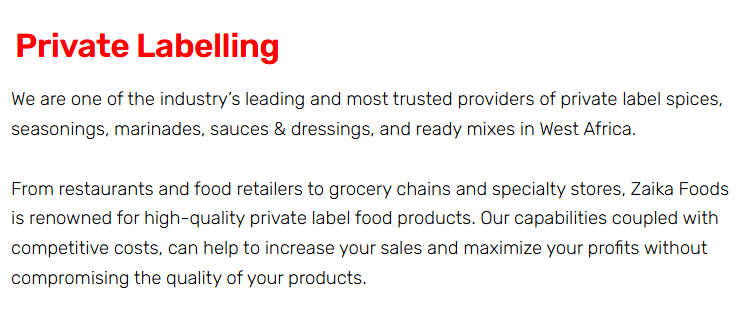
Zaika Foods is a leading provider of private label spices, seasonings, marinades, sauces, and ready mixes in West Africa. They cater to restaurants, food retailers, and grocery chains, offering high-quality food products that clients can brand as their own.
Feco Foods Industries Limited
Based in Lagos, Feco Foods specializes in processing, branding, and packaging African foodstuff products for export. They offer private label services for a variety of products, including palm oil, egusi, ogbono, and more, adhering to international health standards.
Oribu Foods
Oribu Foods focuses on private labels for edible oils, dumpling powder mixes, desserts, and cake mixes. They assist retailers in developing competitive private label products tailored to the Nigerian market.
Digital Products & Tech
Ibeautifi
Ibeautifi offers comprehensive services, including product development, contract manufacturing, private labeling, and procurement. They assist clients in taking ideas from concept to market-ready products, covering aspects like branding, marketing, and business development.
Prospa Technology Limited
Prospa provides business banking and management solutions for micro, small, and medium-sized enterprises (MSMEs) in Nigeria. While not a traditional white label service, their platform allows entrepreneurs to offer financial services under their brand, integrating tools like invoicing, inventory tracking, and payroll.
Fashion & Apparel
Micohype Beauty Hair

Founded in 2018, Micohype is a Nigerian fashion brand specializing in human hair products. They have gained recognition for their innovative designs and have been featured in various fashion publications.
Freak Vault Clothing
Formerly known as Shirt Freak, Freak Vault is a Nigerian fashion retail company offering a range of clothing products. They have expanded their brand to include various subsidiaries like Pant Freak and Shoe Freak, showcasing the scalability of fashion businesses in Nigeria.
TWIF Clothing
Launched in 2012, TWIF Clothing has become a prominent Nigerian fashion brand, known for its unique designs and collaborations with celebrities. Their growth illustrates the potential of fashion brands leveraging local production and branding strategies.
These examples demonstrate the diverse opportunities available in Nigeria for new business owners interested in white label or private label businesses. By partnering with established manufacturers and service providers, new business owners can focus on branding and marketing, reducing the complexities associated with product development and production.
Is White Label Right for You?
After looking at how white label works and seeing real examples from Nigeria, you might be wondering: Is this the right business model for me? The great news is that white label is incredibly flexible and accessible — making it a fantastic option for many kinds of people, especially those starting out or juggling multiple responsibilities.
Here’s a quick rundown of who white label is perfect for:
1. Students
Balancing school and making money isn’t easy. White label businesses let students start small — maybe selling skincare products or digital services online — without needing tons of capital or technical skills. You can run your business part-time, manage orders around your schedule, and scale it as you grow. Plus, many manufacturers offer low minimum order quantities, so you’re not stuck with huge upfront costs.
2. Stay-at-Home Moms
For moms looking to earn income without leaving home or juggling strict hours, white label is ideal. You don’t have to worry about manufacturing or inventory — just focus on branding and marketing products that fit your family’s lifestyle. This flexibility means you can build a sustainable side hustle or full-time business, working when it suits you.
3. Influencers and Creators
If you’ve built a following on social media, white label gives you a chance to monetize your audience by selling products under your own brand. Whether it’s fashion, beauty, or digital content, you can leverage your influence without having to create products from scratch. It’s a smart way to diversify income streams while maintaining your personal brand.
4. Side Hustlers
Many Nigerians are turning to side hustles to supplement income or explore entrepreneurship. White label is one of the easiest ways to start a business with low risk. You can test different product ideas, learn marketing skills, and build customer relationships — all while keeping your main job or studies. Over time, side hustlers can expand their product line or scale to full-time.
5. Aspiring Entrepreneurs with Limited Capital
One of the biggest barriers to starting a business is upfront capital. White label businesses break down that barrier by allowing you to skip costly product development and manufacturing. This makes it one of the most accessible business ideas for beginners, especially in Nigeria where small capital ventures are thriving. You can focus on building your brand and sales, which ultimately drives growth.

What’s Next
So, here’s the deal — white label is more than just a clever business term. It’s a real, practical solution that helps new business owners like you avoid the usual headaches of product creation and huge startup costs. Instead, you get to focus on what really matters: building your brand, connecting with customers, and growing your business at your own pace.
The best part? This model works whether you’re in Lagos, London, or anywhere else in the world. It’s flexible, scalable, and perfect for anyone looking to start small and dream big.
Now, if you’re thinking, “Okay, white label sounds great, but how do I actually get started?” — don’t worry. That’s exactly what Part 2 is all about. We’ll walk you through building your white label brand from scratch using QShop’s easy tools. You’ll learn how to pick the right products, create your unique brand identity, and get your business selling online without the usual stress.


